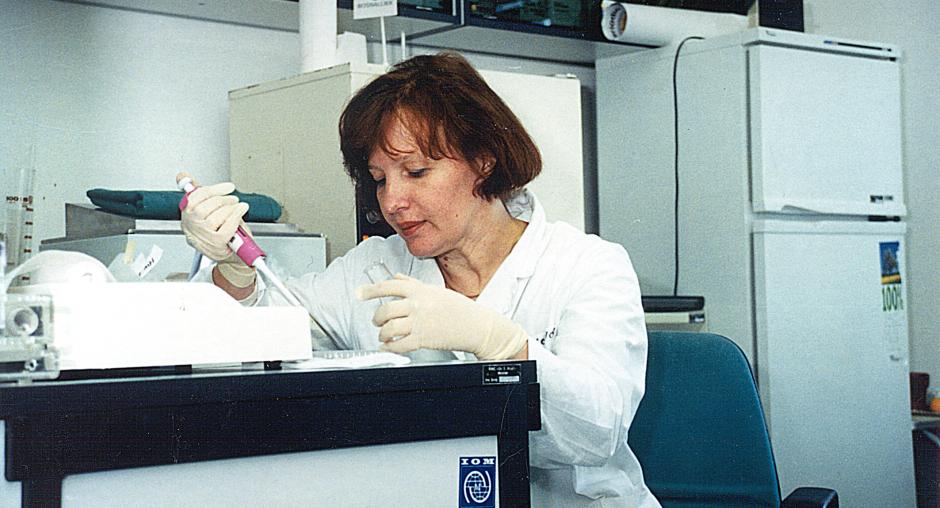OSCE supports States' efforts to develop gender-sensitive labour migration policies

BRDO, Slovenia, 16 February 2009 - Eighty senior government officials as well as representatives of workers' and employers' organizations and migrant associations from the OSCE region gathered in Brdo, Slovenia today for a seminar aimed at supporting development of gender-sensitive labour migration policies.
The two-day seminar is organized by the OSCE Secretariat and the Slovenian Foreign Ministry, and supported by the 2009 Greek OSCE Chairmanship and Finland, which held the Chairmanship last year. It is the first high-level event planned under an OSCE project to raise awareness of the need for gender-sensitive labour migration policies, while contributing to promoting equal opportunities for female migrant workers as well as preventing trafficking in human beings.
Ambassador Louis Abatis, representing the OSCE Greek Chairmanship, said: "The OSCE's multi-dimensional approach to security is well-suited to promoting the principles of comprehensive, integrated migration policies including gender sensitivity."
Migration management and gender equality are among the key priorities of the Greek Chairmanship.
"Although we do not yet encounter a large inflow of female migrant workers, we are nevertheless aware of the key importance of greater social inclusion of migrants, especially women, in the labour market," said Ivan Svetlik, Slovenia's Minister of Labour, Family and Social Affairs, at the start of the event.
The seminar brings together senior policy makers from OSCE participating States and the Mediterranean Partners for Co-operation to engage in dialogue, as well as exchange experiences and good practices, to better respond to the increasing feminization of labour migration in the OSCE region. Participants will examine concrete actions in this area, and the discussion will contribute to the drafting of the OSCE Guide on Gender Sensitive Labour Migration Policies.
"Bringing political attention to the gender aspects of labour migration is important, and this seminar aims to promote dialogue on how these collective challenges can be tackled effectively," said Goran Svilanovic, Co-ordinator of OSCE Economic and Environmental Activities, who underscored the OSCE's longstanding commitment to a comprehensive approach to migration management.
Jamila Seftaoui, OSCE Senior Gender Adviser, said: "Migration is no longer a male phenomenon. Women account for nearly half the migrant population worldwide. More important than age, class, nationality, race or culture, gender is often the decisive factor in shaping migrant's experiences and contributions. Efficient migration policies should be gender-responsive and take women's needs, aspirations and capacities into account."
